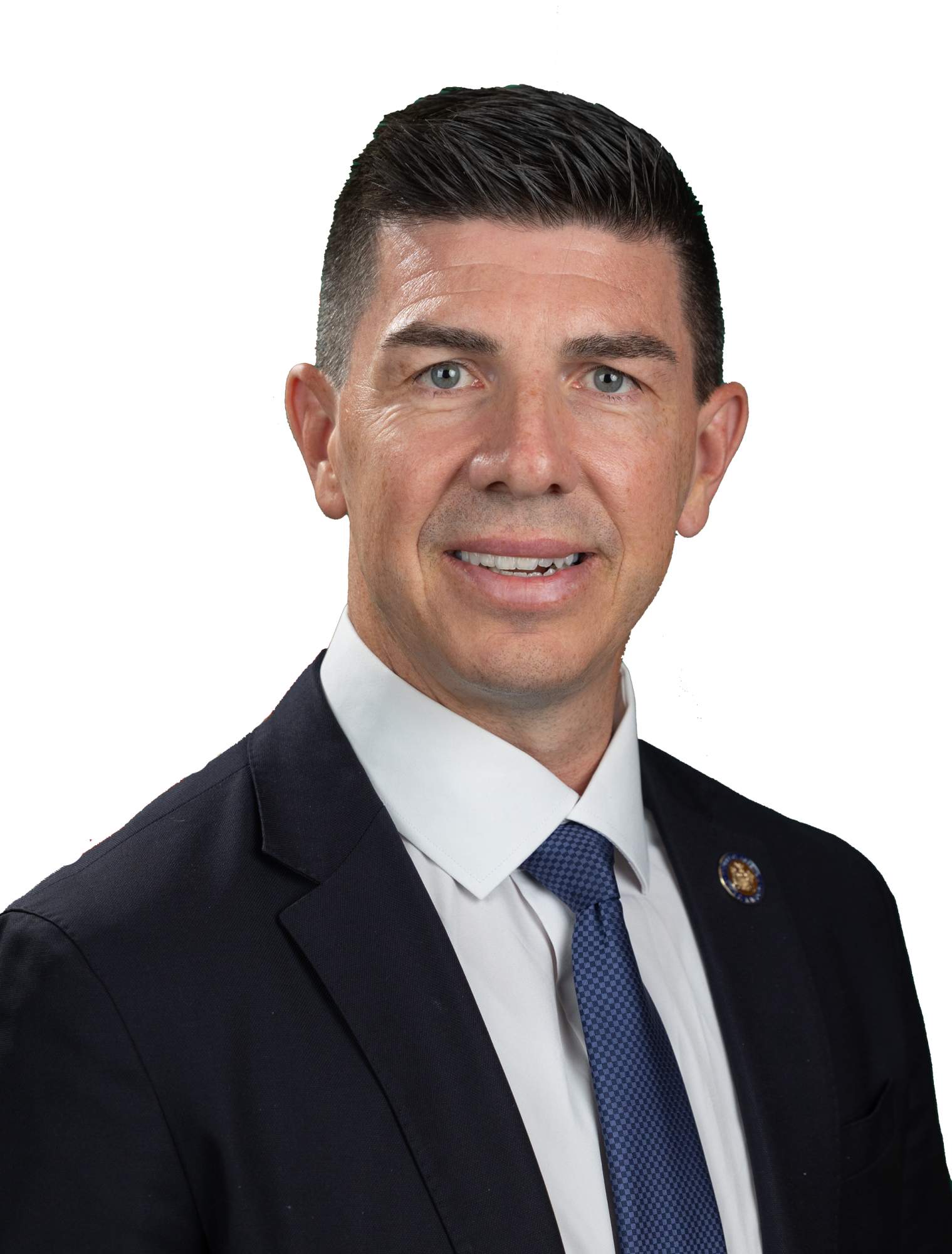Assemblymember Wallace Announces Introduction of the Child Abuse Reporting Expansion (CARE) Act
Assemblymember Monica Wallace (D-Lancaster) announced that she has introduced the Child Abuse Reporting Expansion Act, or “CARE Act,” which would add clergy members to the list of mandatory reporters of child abuse and maltreatment, and clarify that this mandatory reporting requirement supersedes any claim of clergy privilege relating to such abuse (A.6662). The CARE Act’s introduction comes several weeks after the passage of the Child Victims Act as New York looks to curb the scourge of child abuse. Wallace was joined by Christine Bartholomew, an associate professor at the University at Buffalo School of Law who has compiled extensive research on the use of clergy privilege, and Buffalo attorney Barry Covert, who has represented victims of child abuse in Western New York.
“The Child Victims Act was a historic first step in bringing abusers to justice and allowing survivors to obtain proper redress, but it was only the first step,” said Assemblymember Wallace. “While the Child Victims Act was necessary to right the wrongs of the past, the CARE Act will close loopholes in state law that have allowed for the proliferation and cover up of child abuse and, in turn, prevent future occurrences of abuse.”
"My review of over 700 judicial clergy privilege decisions highlights the need for the CARE Act,” said Christine Bartholomew. “In some cases, clergy have wanted to report abuse but couldn't without running afoul of privilege. Other times, clergy had to circumnavigate the privilege, and in doing so, weakened it. Still other times--most frequently when the abuser was one of their own--clergy have wrongly asserted the privilege, at a cost to victim's justice. The CARE Act overcomes these obstacles and ensures clergy protect the children in their flock."  Â
"We are greatly appreciative of Assemblymember Monica Wallace for the introduction of the CARE Act, which is very important legislation that will add members of the clergy to the list of mandated reporters of child abuse and maltreatment. Nothing is more important than protecting the most vulnerable among us, our children. It is a horrible reality that for decades the Catholic Diocese of Buffalo failed to report child abuse to law enforcement. Church officials claimed at a recent press conference that their failure to report decades of sex abuse was predicated, at least in part, upon the failure of the statute to include the clergy as mandatory reporters. This legislation remedies that sad excuse for covering up decades of child abuse. Thank you Assemblymember Wallace!"
New York’s recently enacted Child Victims Act allows child victims of sexual abuse, who were previously time-barred by the statute of limitations, the opportunity to file lawsuits concerning their abuse up to age 55. While Wallace supported the measure and believes it was a critical first step in ensuring prior victims of child sexual abuse may seek justice, she also believes it is imperative that the state close the loopholes in the law that permitted such abuse to exist undetected for decades. As such, Wallace wrote the CARE Act to clarify that clergy members from every religion also have an obligation to protect children from abuse and maltreatment.
Under current state law, clergy members are not included in the otherwise extensive list of professionals required to report suspected cases of child abuse. Moreover, clergy are prohibited from disclosing any communications made to them relating to child sexual abuse or maltreatment when such communications are made confidentially in the scope of their professional character as a spiritual advisor.Â
The inherent potential for conflict between mandatory reporting requirements and privilege would be addressed under Wallace’s legislation. Creating a bright line-rule for mandatory reporting takes the decision-making power regarding assertion of privilege out of the hands of individual clergy and ensures that any clergy who learns of a child being abused or mistreated will have the obligation to report that abuse.
The CARE Act also seeks to increase the penalties to mandatory reporters for failure to report second and subsequent offenses and adds penalties for mandatory reporters of child abuse who act as part of a plan or scheme to conceal the abuse or maltreatment. Under current statute, a first offense for such failure to report is punishable as a class A misdemeanor. Wallace’s legislation would add that second and subsequent offenses would be punishable as a class E felony.
“The CARE Act will prioritize the protection of children from all forms of abuse and maltreatment and help to prevent future victimization of children,” concluded Wallace.
